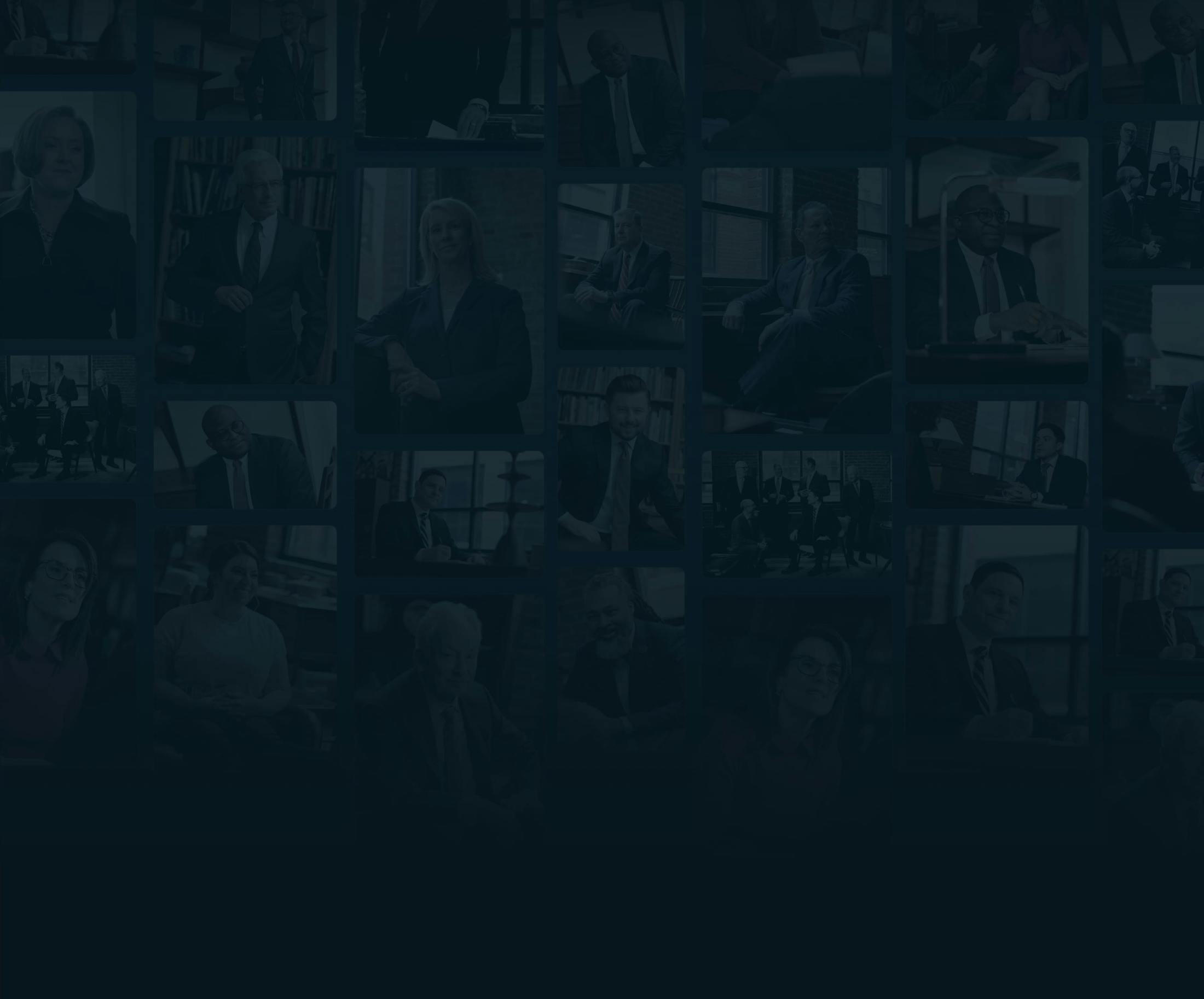This blog has long advocated that the class action suit is a core component of the civil justice system, one that provides a class of plaintiffs redress from corporate wrongdoing. Class actions are not limited to consumer protection, but also help to discourage discriminatory and predatory lending and insurance policies, invasions of privacy, racial and gender discrimination, and mortgage loan hikes.
It comes as a great disappointment to report that lawmakers in Congress are pushing to put an end to federal class action suits with a bill–H.R. 1927, the “Fairness in Class Action Lawsuits Act of 2015.”
If passed, this law would set a very high bar for what constitutes a class. All victims would have to experience the same “type” and “extent” of injuries; Reuters claims that the bill’s language is “so broad it could crush class actions for consumers, as well as civil-rights and antitrust claims.” This kind of strong language from a nonpartisan news agency is telling. Indeed (as ThePopTort notes), such seminal cases like Brown v. Board of Education, which effectively desegregated schools in the mid-1950s, would not be able to proceed under the strict guidelines that the House Judiciary Committee has outlined.
We may view this legislative push as a sort of follow-up to 2005’s Class Action Fairness Act (CAFA), which gave defendants the ability to “transfer state class actions into the smaller, already clogged federal court system,” a system strained by understaffing and underfunding across the country. Judges, unable to deal with this influx of new cases, have actually begun throwing out meritorious class action cases, which is a real tragedy for individuals who have been harmed through no fault of their own.
Seeking a claim through the civil justice system, as it stands now, is the only way for many Americans to be made whole, and class actions are an integral part of that process. As the Center for Justice and Democracy at New York Law School recently put it, “Without the class action tool, corporations and businesses can ignore the law far more easily and operate with impunity.” This is a frightening thought.
Civil justice blog ThePopTort.com notes that “over 32 million cheated Americans are helped every year by class action lawsuits,” and that “class actions helped consumers recover an average of $220 million a year.” Additionally, “[F]or checking accounts alone, class action settlements over three years totaled over $600 million for at least 19 million consumers.”
The blog also notes that the strict criteria in the new bill would “preclude numerous class actions over predatory lending practices, anti-trust violations, employment law violations, unfair bank overdraft policies, denial of insurance benefits, and more.” Even the victims of the massive BP oil spill in 2010, according to ThePopTort.com, would not constitute a class were these new rules to be put in place.
As we’ve argued in the past, the class action lawsuit is crucial to the American civil justice system. It saves courts time and effort (compared to hearing potentially hundreds of cases individually) and allows for private citizens to stand against corporate wrongdoing. Seeing this institution crumble would allow corporations to continue putting their bottom lines before consumer safety and protection.

